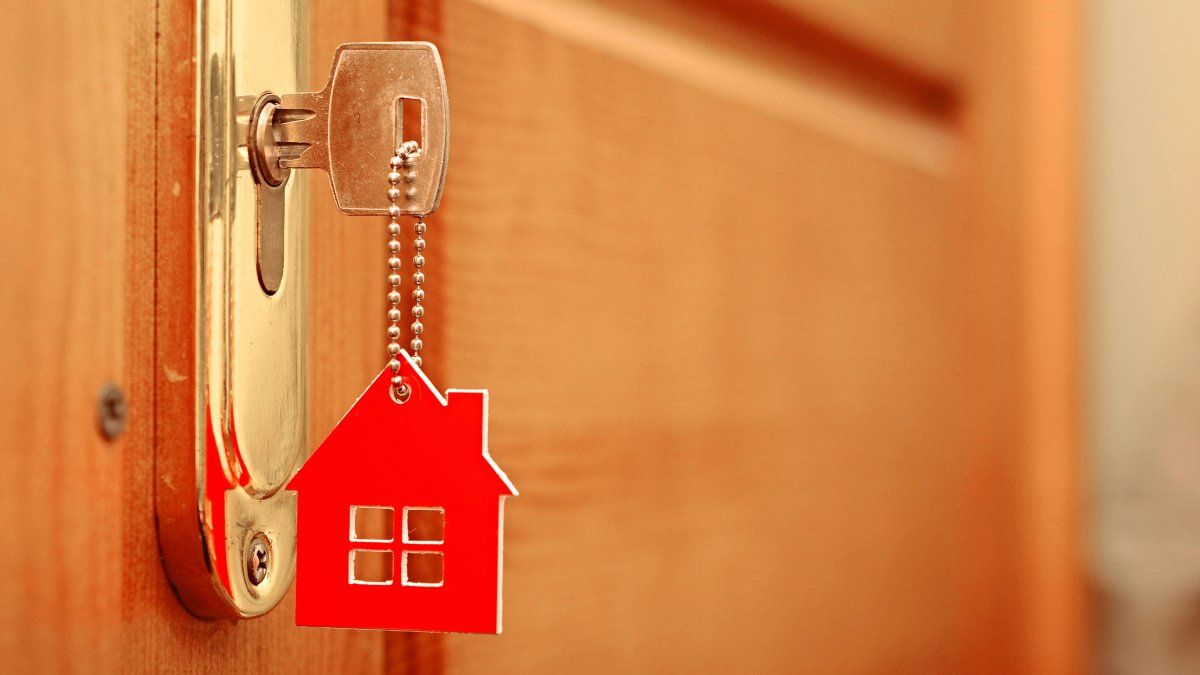With the approach of the end of the last bleach financial, it is time to make a first assessment of the measure, in particular, the impact it had on the “brick universe”.
First, a hard fact that anticipates any conclusion: Money laundering has increased bank deposits from US$14 billion to US$26 billion in the month of September. Secondly, what the different links in the chain coincidentally express: the measure brought reactivation.
The truth is that there were many purchases of apartments throughout Argentina, both in CABA and in the interior and in the province of Buenos Aires, so a first certainty is that the instrument was very good at contributing money to the works that are in progress. execution and, by transitive property, reactivate the real estate development market.
In our case, we are having sales at the Pueblo Caamaño shopping center. Describing the project allows, if not profiling, at least orienting about the type of client interested and largely participating in the initiative promoted by the current administration.
It is a mixed-use development, located in Pilar, with homes, offices and premises, with units, for investors in promotion from US$ 89,900. In the vast majority, among our buyers, small investors stand out, investing between US$100,000 and US$150,000.
For this well-differentiated segment, real estate is a good instrument in the current context. And it is not difficult to understand the reason. Bricks are always a good option when people seek shelter, and there are also short and long-term causes: from the income they can provide, which represents an additional monthly income stream, to the property appreciation that occurs. over time.
At the end of 2024, particularly in the country, real estate is highly undervalued. In fact, possibly in the next two years there will be a very significant increase in prices. There is a real opportunity in investing.
And yes that is what happens in Argentina, what happens in general, on a global scale, is not far behind, since Real Estate is a business that grows because there are many currencies that have been devalued. Almost all the countries in the world have done it and almost all the countries in the world have gone into debt and that means they have issued a lot of money.
Thus, assets continue to rise in value, as a protection measure and to no longer have cash. In this scenario, people are left with properties that always adjust their value, depending on the money that is available in the Economy. Ergo, the value of properties tends to grow and will continue to do so due to the level of issuance and debt in the world.
When the measure is analyzed from a more regional perspective, there is no possibility of establishing a comparison between Argentine money laundering and the tax regulations that other countries in the region have. Uruguay, for example, has a promoted housing law that exempts the buyer from taxes, in addition to the fact that the income from that home does not pay taxes for ten years.
In addition, There are benefits for those who invest in developments since that investment is also exempt from taxes. Specifically, it does not pay Profits, VAT on the work and does not pay tax on dividends.
As for Paraguay, the incentive has to do with its low taxes: it only has income tax, which is 10%, and VAT, which is also 10%. For foreign residents, there is a 15% distribution tax (half for Paraguayans). In addition, we must highlight an aspect regarding demand: Asunción has a growing middle class that will make the real estate market continue to grow and prices continue to rise.
CEO of Vitrium Capital
Source: Ambito




